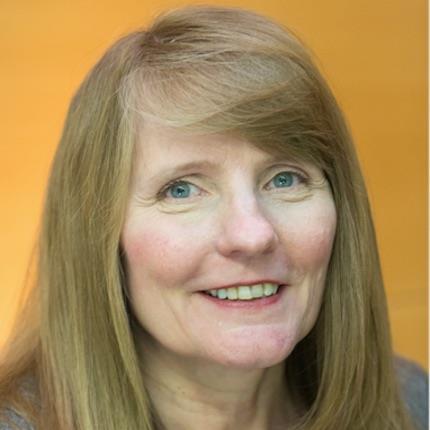
The government has announced that it intends to extend the right to take shared parental leave (SPL) to grandparents in the child’s first year. The policy of SPL for the mother’s partner was initially pushed for by the Liberal Democrats in coalition in order to encourage more fathers to take responsibility for childcare. The key question is: who is responsible for childcare and what does the government hope to achieve?
The government is yet to release figures for SPL take-up since its introduction, however, anecdotal evidence suggests that affordability is the key consideration for new parents; primarily, how can leave be taken in a way that has the lowest financial penalty? With enhanced maternity pay being more prevalent than shared parental pay, it is employers’ policies that are the deciding factor for parents.
When announcing the extension, Chancellor George Osborne drew attention to the two million grandparents who either gave up work, reduced hours or took time off to care for grandchildren. With grandparents already taking responsibility for childcare, especially post-maternity leave, the extension to SPL will offer them extra rights.
A key benefit for a mother of taking SPL is that they can return to work earlier by sharing leave with their partner, reducing the damage to their career caused by long-term absence from the workplace. Single mothers and mothers whose partners are self-employed will, in future, be able to share parental leave with grandparents.
Extending SPL to grandparents, who are already taking on a large proportion of childcare duties, is the right thing to do. It will help mothers re-enter the workforce earlier, and reduce a career progression barrier to female talent in the workplace. The problem remains with childcare between maternity or shared parental leave finishing, and primary education beginning, which is where many parents struggle with childcare commitments and employer flexibility.
Denise Keating is chief executive at the Employers Network for Equality and Inclusion











